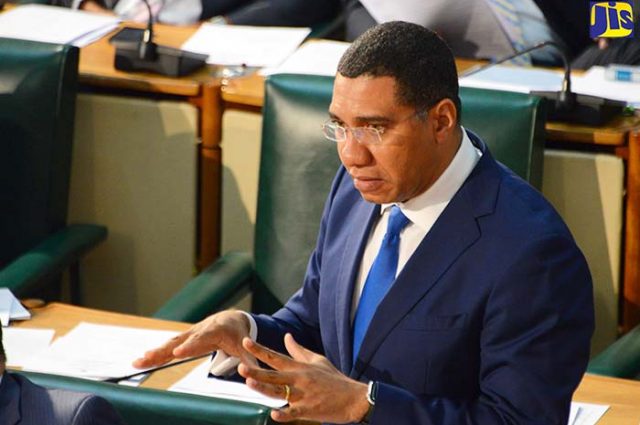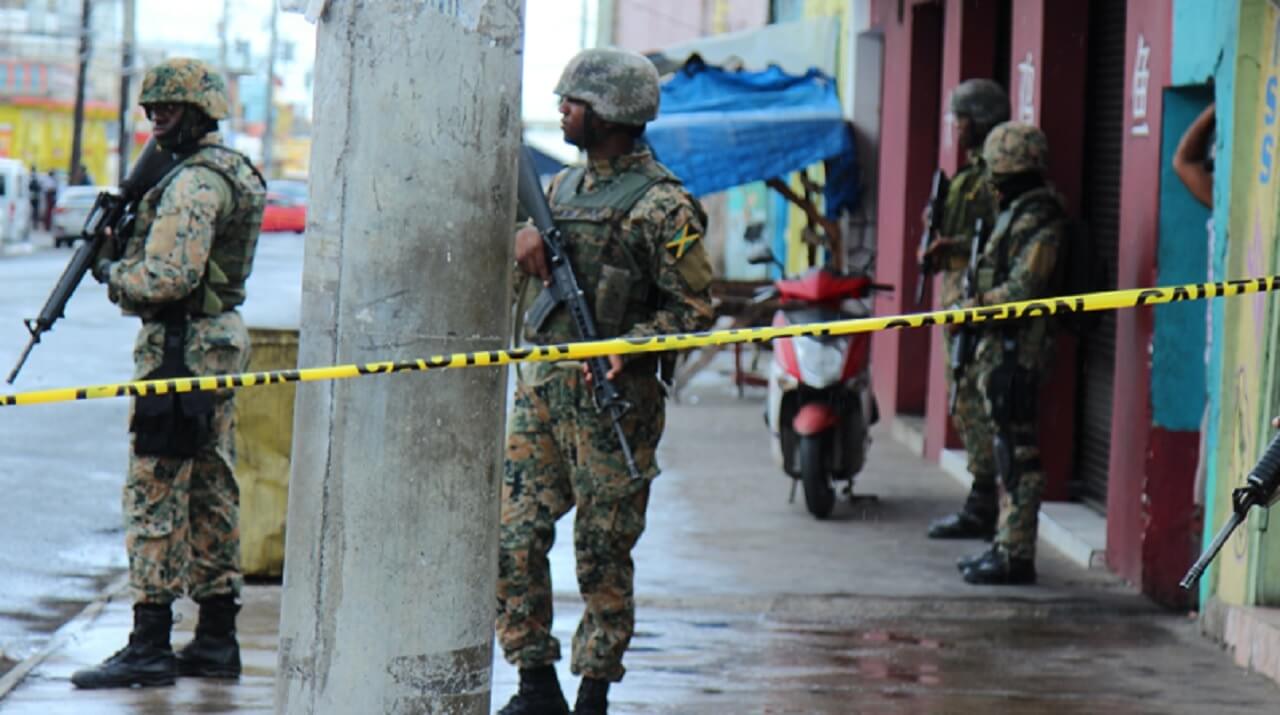INDECOM Wins Legal Battle
Vision as a responsible media organization has taken unto itself the role of the defender of the defenseless and guardians of human rights. This does not make us popular, but we are committed to standing up and be counted on the moral high ground. We are therefore unapologetic of our support of The INDEPENDENT COMMISSION OF INVESTIGATIONS (INDECOM).As INDECOM probes alleged police misconduct, especially shootings/abuses by members of the security (uniformed) forces … the Commission continues to face roadblocks. This latest court battle which the Commission has won has served to frustrate the smooth and speedy execution of its role to protect citizens’ rights by insulating them from abuse at the hands of agents of the state. Before INDECOM, misguided elements for reasons better known to themselves seem to have taken the law into their hands with little or no regard for the human rights of the average citizen … especially the right to life.Deaths at the hands of the security forces has dropped significantly since INDECOM was established in 2010, a few years ago.We hereby present to you the actual news release sent to us from INDECOM on the latest prosecution by its officers of a police officer charged for murder.Hopeton O’Connor-Dennie, Senior International Correspondent & photojournalist filed this report for Vision Newspaper Canada.
The Independent Commission of Investigations (INDECOM) last Wednesday, (February 17, 2016) received the decision in a matter brought by the Commission against the Commissioner of Police and the Attorney General. Chief among the declarations is that the Commission should have access to the administrative reviews, disciplinary and other records where relevant to a particular investigation.
The four (4) declarations sought by the Commission were in relation to the investigation into the conduct of police officers in Area Three.
The matter was heard on February 3, 2016 before His Lordship, Mr. Justice Bryan Sykes. The Commission’s submissions were led by Shawn Wilkinson and Rhona Morgan; the respondents’ by Susan Reid- Jones and Vanessa Blair of the Attorney General’s Chambers.
In summary, INDECOM sought the following declarations:
1. That sections 4,12 and 21 of the Act entitles the Commission to access all materials relevant and pertaining to administrative reviews, disciplinary procedures, suspension from duty, disciplinary records and operational plans of members of the JCF (generally);
2. A declaration that the phrase “documents or thing in connection with the investigation” in s. 21(1) of the Act includes the personal disciplinary records of members of the JCF involved in the incidents that are the subject of the investigation;
3. A declaration that INDECOM is entitled by virtue of sections 4,12 & 21 to the operating structure of the street crime unit and proactive investigation team between 2009 and present; a list of the members in those teams for that period; disciplinary records of members of these teams prior to them joining the formations; notes from the administrative reviews of the particular incidents under investigation and the operational plans;
4. An order that the Commissioner of Police shall produce and/deliver to INDECOM the information or documentation itemized above; and
Justice Sykes delivered his judgment, granting three (3) of the four (4) declarations, he noted :
The Commissioner of INDECOM is entitled to the disciplinary records of all police officers allegedly involved in the incidents relevant to the claim. Sections 4(2) (a)-(c), and section 21(1) enables this.
The Commissioner can obtain the information requested under sections 4(2) (a)-(b) or section 21. This information is restricted to the officers of the unit alleged to have been involved in the incidents which are the subject of the claim.
He also instructed the Commissioner of Police to comply with this order within 120 days.
Justice Sykes did note that though the declarations are granted, they are subject to legal professional privilege, public interest immunity and the constitutional right to privacy which may be raised.
____





